
Privacy statement: Your privacy is very important to Us. Our company promises not to disclose your personal information to any external company with out your explicit permission.
A machining center is an advanced, computer-controlled piece of machinery that performs various machining operations with precision and speed. These operations include drilling, milling, boring, tapping, and more. What sets machining centers apart from traditional machine tools is their ability to execute multiple tasks without the need to manually transfer the workpiece from one machine to another. The use of Computer Numerical Control (CNC) technology allows machining centers to automate and optimize the manufacturing process.
Machining centers come in various types, such as vertical and horizontal machining centers, and they are often categorized based on the number of axes they operate on. Commonly, machining centers operate on 3-axis or 5-axis systems, offering versatility and flexibility for a range of complex parts and components.
Machining centers are designed to perform a multitude of operations, making them highly efficient tools in the manufacturing process. Here’s a breakdown of some of the most important functions that these machines perform:
One of the primary functions of machining centers is milling. This involves removing material from a workpiece using rotary cutters. Machining centers are ideal for milling complex shapes, creating grooves, and producing parts with tight tolerances. Whether it’s vertical milling or horizontal milling, these machines offer precision that manual methods simply can’t match.
Machining centers also excel in drilling and boring. Drilling involves creating holes in a workpiece, while boring enlarges pre-existing holes with extreme precision. The accuracy offered by machining centers is especially important in industries that demand high-quality components, such as automotive and aerospace. These machines can quickly and efficiently drill multiple holes in a workpiece without needing to reposition it, saving valuable time in the production process.
Tapping is another critical function, where a threaded hole is created in a part, often for screw or bolt insertion. Machining centers perform tapping with unmatched precision, ensuring that each thread is perfect. This function is vital in industries like electronics and automotive, where even minor imperfections can result in faulty assemblies or products.
One of the greatest advantages of modern machining centers is their ability to automatically change tools. This feature dramatically increases productivity because the machine can switch between different tools (e.g., drills, taps, or mills) during a single machining cycle without manual intervention. Automated tool changing ensures that the right tool is used for each operation, improving accuracy and reducing downtime.
Another standout function of machining centers is multi-axis machining, which allows for more complex parts to be manufactured in fewer steps. A standard 3-axis machine can only move a tool along the X, Y, and Z axes, whereas a 5-axis machining center can rotate the part or the tool on additional axes. This capability is particularly useful for producing intricate shapes, such as turbine blades or medical implants.
Beyond their wide range of functions, machining centers offer numerous advantages that make them invaluable in modern manufacturing. Let’s take a closer look at the key benefits:
One of the most significant advantages of machining centers is their ability to enhance productivity. By automating multiple processes, machining centers significantly reduce the time spent on manual labor and machine setup. This not only boosts production speeds but also minimizes human error.
Accuracy is critical in industries such as aerospace, medical, and automotive, where even the smallest deviation can cause part failure. Machining centers use CNC technology to achieve precise cuts, ensuring that each part is produced to exact specifications. The ability to consistently create high-precision parts is one of the key reasons why machining centers are preferred over traditional manufacturing methods.
Another advantage of machining centers is their versatility. These machines are capable of performing a wide range of tasks, from milling and drilling to tapping and boring, all within a single setup. This reduces the need for multiple machines, streamlining the production process and cutting down on floor space.
Although machining centers represent a significant initial investment, they deliver cost savings in the long run. Their ability to automate tasks reduces labor costs and increases production efficiency. Moreover, machining centers can produce large quantities of parts in a shorter period, leading to economies of scale.
With traditional machining methods, maintaining consistency across multiple parts can be a challenge. Machining centers, however, can produce identical parts over and over again without any variation, ensuring that the quality remains consistent throughout the production run. This repeatability is essential in mass production industries.
Given the wide array of machining centers available, choosing the right one for your specific application can be a daunting task. Here are some factors to consider:
The size and complexity of the parts you need to machine will influence your choice. For large, heavy parts, a horizontal machining center may be ideal, while smaller, intricate parts may be better suited to a vertical machining center.
Consider the number of axes you need for your operations. A 3-axis machining center is sufficient for simpler parts, but if you need to manufacture complex geometries, a 5-axis machining center might be the better option.
For high-volume production, a machining center with faster tool change times and higher spindle speeds can significantly improve your output. Conversely, for low-volume, high-complexity parts, you might prioritize flexibility and precision over speed.
While it’s important to select a machining center that meets your technical needs, your budget is also a key factor. Some advanced features, such as multi-axis capabilities, can add to the cost, so it's essential to balance your operational requirements with your financial limitations.
With advancements in automation, artificial intelligence (AI), and Industry 4.0 technologies, the future of machining centers looks promising. Manufacturers are increasingly looking to integrate smart technologies into their production lines, enabling machines to self-monitor and optimize their operations in real time. This development will lead to even greater efficiency, accuracy, and cost savings.
As industries continue to push the boundaries of what’s possible in terms of design and functionality, machining centers will evolve to meet these new challenges. Whether it’s through faster processing speeds, improved energy efficiency, or more user-friendly interfaces, machining centers will remain a cornerstone of modern manufacturing.
Machining centers are powerful tools that perform a variety of functions, from milling and drilling to tapping and boring, all with remarkable precision and efficiency. Their versatility, accuracy, and ability to automate processes make them essential for industries that demand high-quality production. With the right machining center, businesses can enjoy increased productivity, cost savings, and consistent output.
At WEISS Machinery, we are committed to offering the best machining center solutions that cater to a wide range of manufacturing needs. Our machines are designed to meet the highest standards of precision and performance, ensuring that your production runs smoothly and efficiently. Discover the advantages of machining centers today and elevate your manufacturing capab
October 29, 2024
October 28, 2024
Email to this supplier
October 29, 2024
October 28, 2024

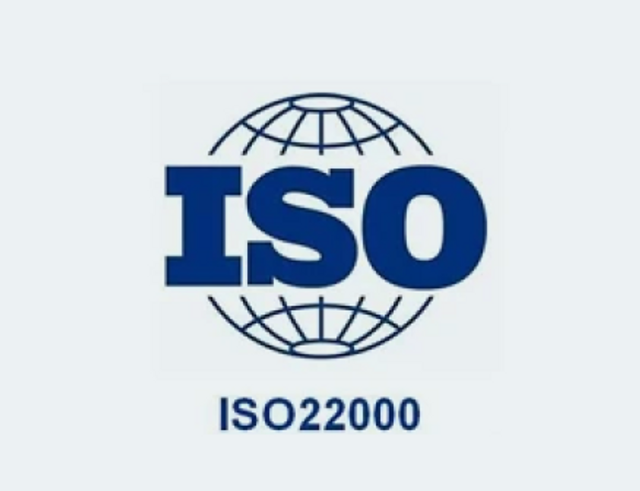
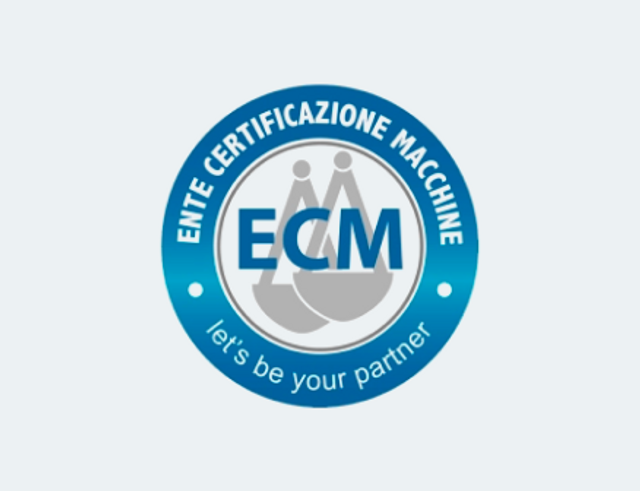
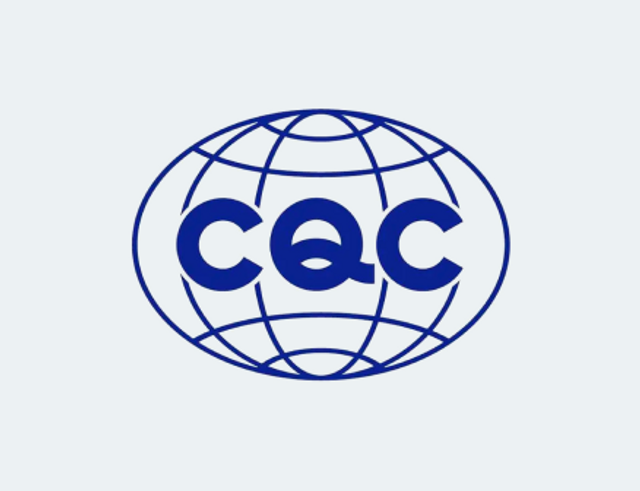
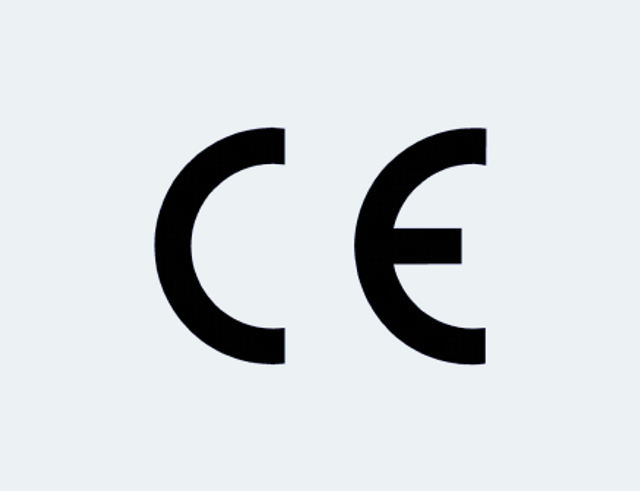

Explore our Extensive Range of Precision Metalworking Machine Tools. Discover the Power of Precision and Innovation in Metal and Material Processing with Weiss
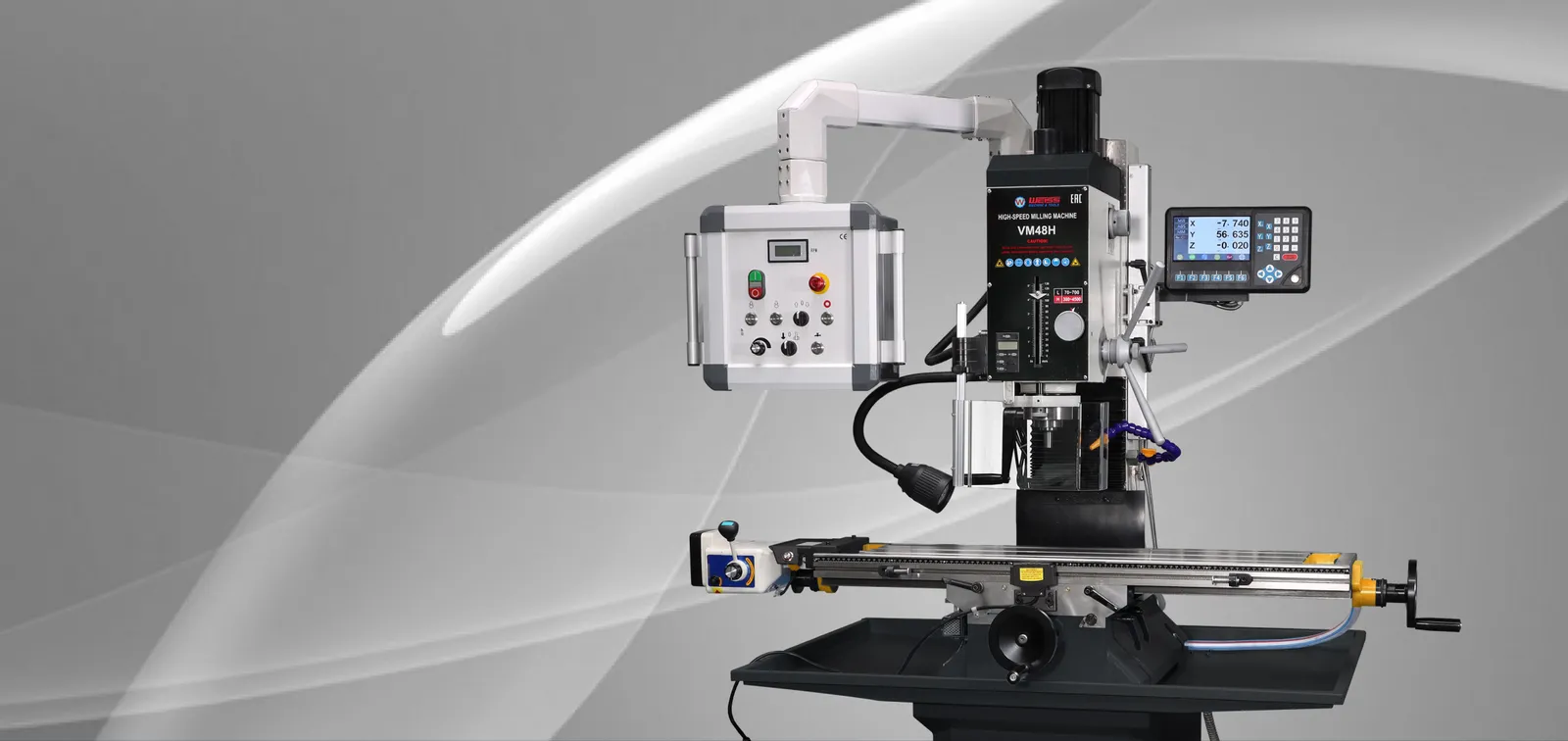
Heavy, stable and solid column,
made of high-quality gray cast iron, with ground and scraped dovetail guide,
for high stability and precision
View More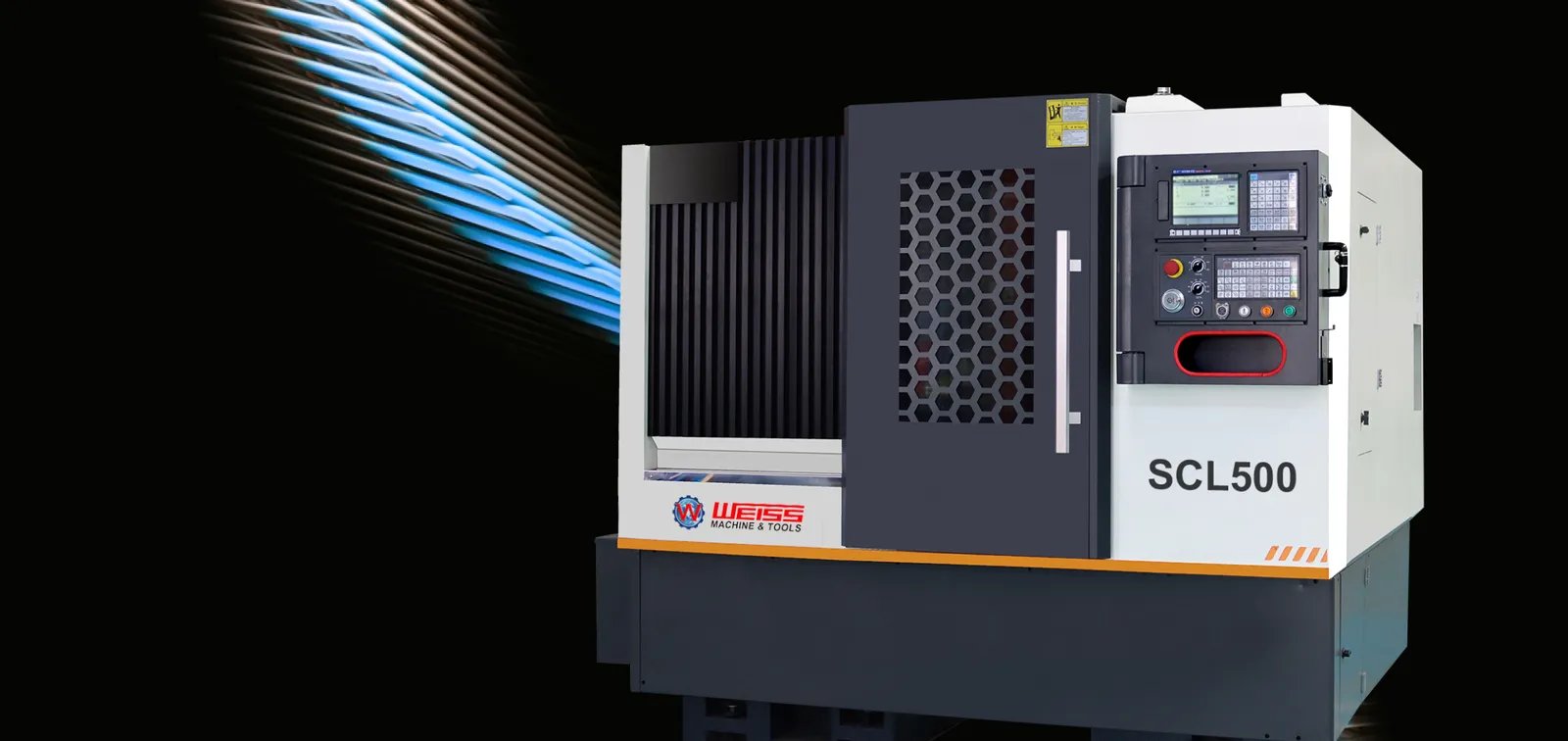
Slant bed and linear guide way CNC lathe.
High speed, High precision, High reliability
View More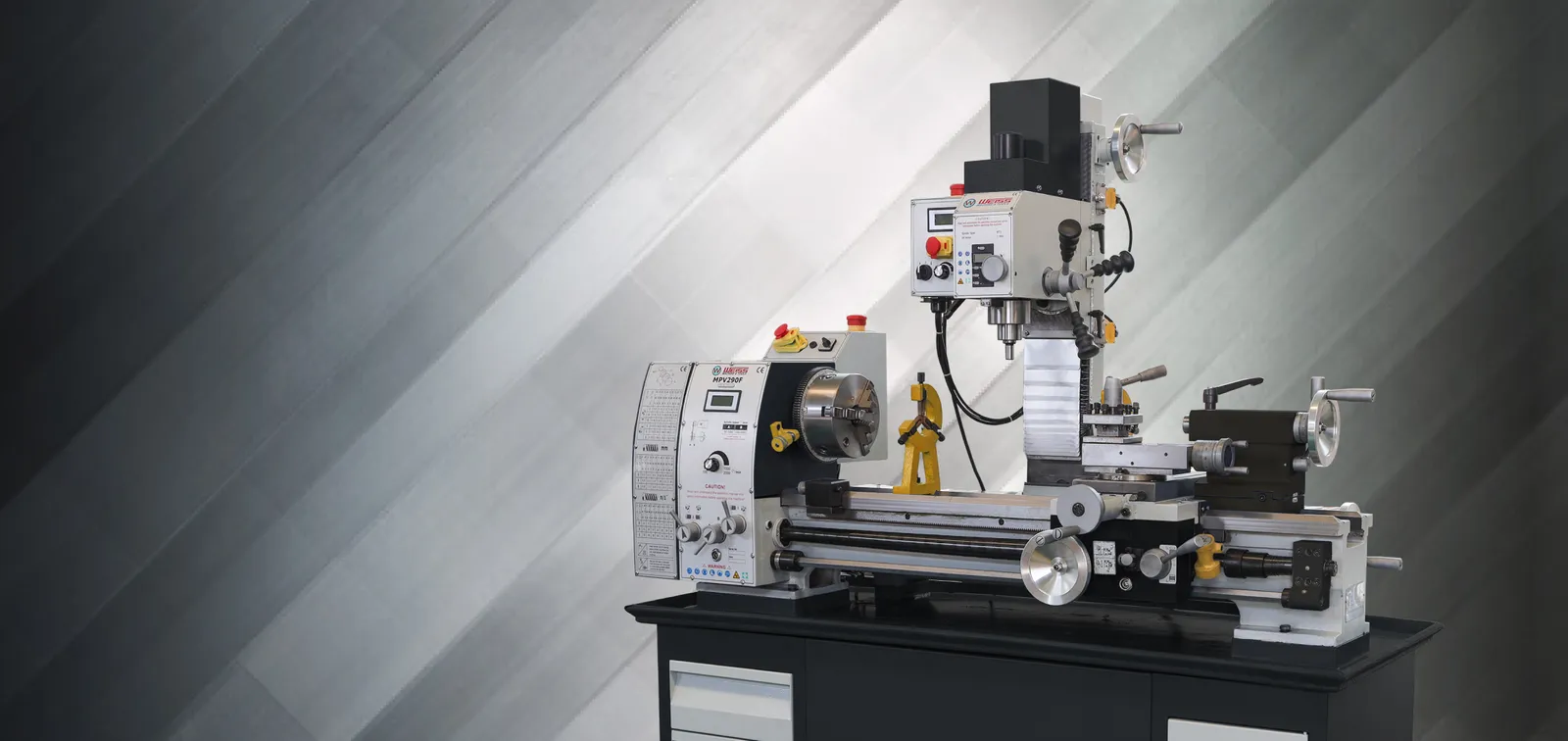
Prouduct quality and reliability Competitive pricing
Product innovatio and cariety
View MoreWEISS MACHINERY CO., LTD. to be your trusted partner for metalworking machine tools. We have a wide range of milling machines , tapping machines, and accessories that meet the highest standards of quality, performance, and reliability. Our machines have brushless motors that ensure low maintenance and high efficiency. We also offer online sales, international delivery, secure payment, professional advice, and 20 years of experience. Weiss, make it easy!
View MoreCompany Establishment
Countries&Regions with Product Sales
Factory Area
Product Varieties

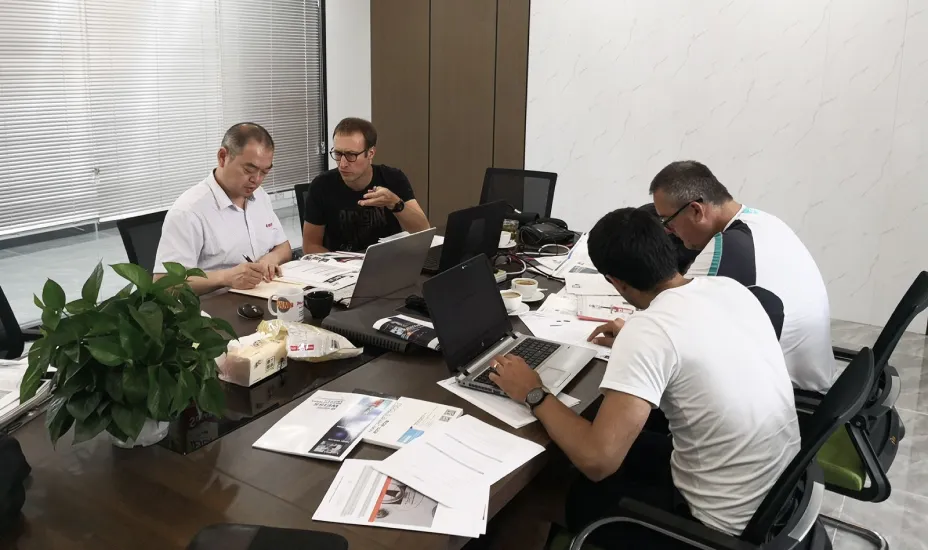
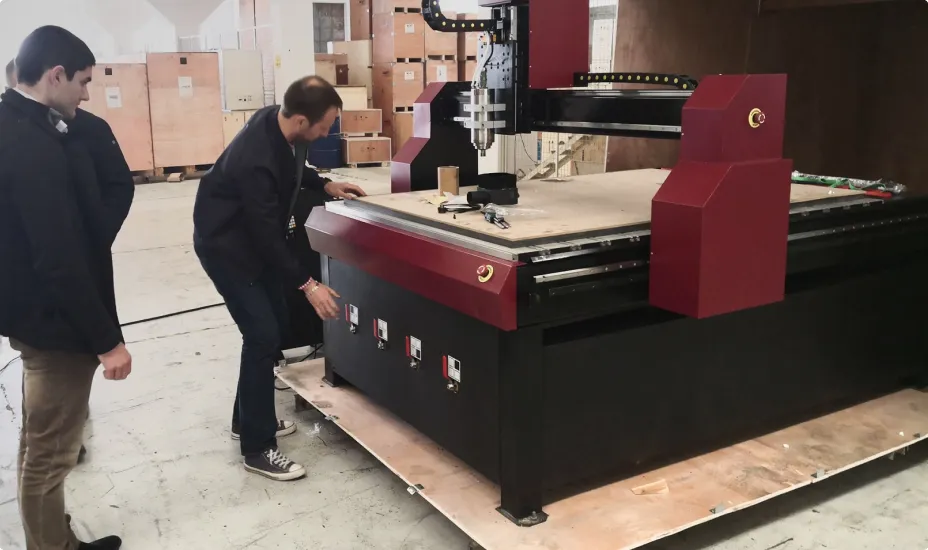
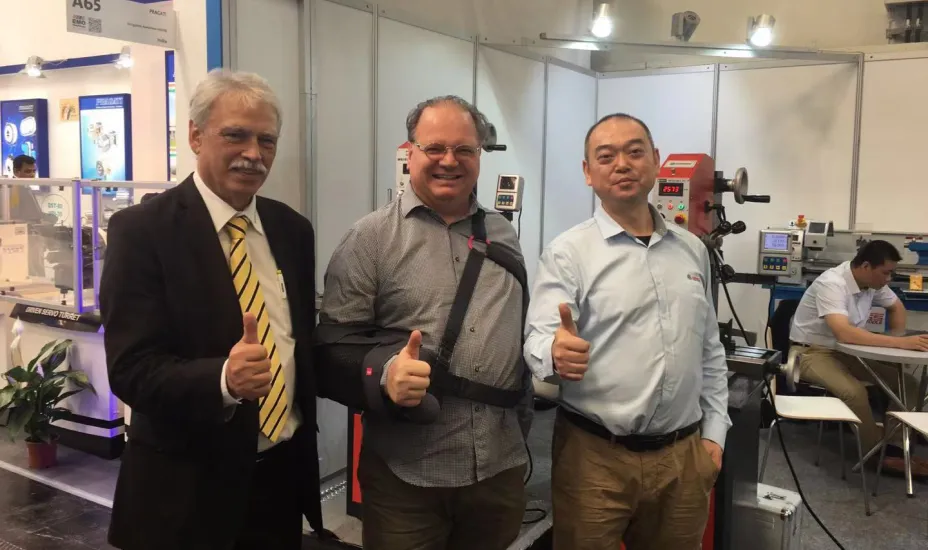
We have been extremely impressed with the quality and performance of the electronic milling machine we purchased from your company. It has greatly enhanced our production capabilities and consistently delivers exceptional results.
MA***N
Your Trusted Partner for Comprehensive Machine Tool Solutions.

Privacy statement: Your privacy is very important to Us. Our company promises not to disclose your personal information to any external company with out your explicit permission.

Fill in more information so that we can get in touch with you faster
Privacy statement: Your privacy is very important to Us. Our company promises not to disclose your personal information to any external company with out your explicit permission.